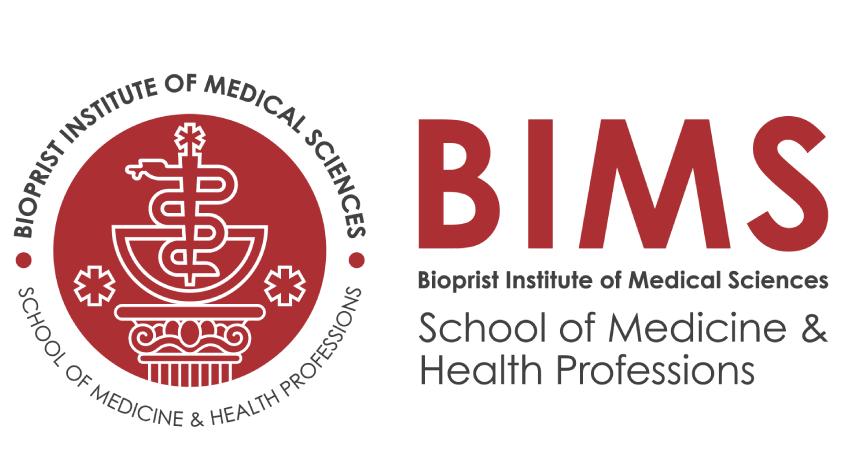Introduction
The process of applying to medical school is competitive and challenging. And one of the most essential phases of this process is a great interview. After you have submitted your applications, you need to start preparing yourself for the all-important final stage, the interview.
As you prepare, thinking about why medical schools interview their candidates might come in handy. Medical schools are already aware of your credentials. In other words, the school already thinks your grades, letters of recommendation and extracurriculars are good. Now, all that is left to assess is you – the student! The interview will help them evaluate your skills, maturity, professionalism and interpersonal skills. An admissions officer will, through the interview, identify the kind of person you are, how you relate to people around you, and if you are going to be a good asset to the institution. If you shine and leave a lasting impression, there’s a good chance you will get through.
Types of Interviews
Medical schools may use different types of interviews to evaluate applicants. The interviews, though structurally different, aim to learn about you as a prospective student of medicine. The most commonly used types of interviews are: Traditional, Group, and Multiple Mini interviews. If you are planning to study medicine abroad, chances are, you might have to interview online.
A Traditional Interview generally lasts for around 30 to 45 minutes. It is a one-on-one interview, where you might be interviewed by a practicing clinician, faculty member or community member. Schools may choose to conduct one or two rounds of interviews, with the mode of interaction being conversational. While some schools may have a certain set of criteria to evaluate, others follow a comparatively informal approach, with the structure of interview being determined by the interviewer. Traditional interviews may also follow a closed or open format. In a closed interview, the interviewer is only aware of your name and college. On the other hand, in the case of open interviews, the interviewer preemptively reviews all candidate information before conducting the discussion.
Group Interviews
Another format certain schools follow is the Group Interview, which is similar to the traditional format. However, this interview has two or more applicants present at the same time. This format helps the medical school assess how you work in a team. You might be presented with a teamwork exercise so the school can gauge your communication skills and how well you work with others.
Multiple Mini Interview
The Multiple Mini Interview is one of the most unique forms followed by medical schools. It involves a number of interview stations, generally 6 to 10, with each station involved in a different scenario or question. You will be given a description, which you will review for a fixed time. You will then be given a chance to either discuss, interact with a patient or react to a situation. This format allows the interviewer to observe how you respond in a given scenario and evaluate your critical thinking, decision-making, communication and knowledge of healthcare.
How to prepare for interviews and sample questions
Thorough preparation is the key to acing your medical school interview. You can follow the three-step approach of Preparation – Performance – Acceptance to achieve your goal. Prepare for every possible question that may be thrown at you. Perform with complete confidence in yourself and your knowledge and you are one step closer to getting accepted to the school of your dreams.
The first step in your preparation is to respond to interview requests promptly. The reason for this is that some schools may not have the required duration of time to assess all applicants in detail. The next step is to determine the interview format followed in the school, which is generally mentioned in your invite. Once you have determined the format, you will be able to start practicing with sample questions and mock scenarios.
The school will use the interview to try to garner information that cannot be determined through your application. And another factor to remember is that your interview is usually a two-way process. So come prepared to show them, through your answers, why you feel you are the right fit for their school. Do your research on the school, be aware of its specifics, prepare questions that cannot be answered directly from the school website and take it from there. This will show your interviewers that your interest in, not just the field, but also the school. And lastly, appearance is another important factor to consider and smart, conservative attire is a great choice when you appear for your interview.
You can be asked countless questions during your interview, some common, some rare, some easy, some tricky. Your job is to try and give thoughtful, relevant answers to whatever questions are thrown at you. The types of questions you will be asked can be classified into a few broad categories including open-ended, ethical, social and personal.
Open-ended questions will help the interviewer to assess your knowledge, personality and ability to express your point of view. Here are some examples of open-ended questions:
- Tell me something about yourself.
- Why do you want to become a doctor?
- Why did you apply here?
- Describe your greatest strength.
- Describe your biggest weakness, failure or limitation.
- What are your goals in healthcare?
- Where do you see yourself 10 years from now?
- List the qualities you feel are needed to be a good doctor.
Ethical questions might include different issues including care for the elderly, rights of the terminally ill and abortion rights. Make sure you give these issues a thorough think, and back your opinions with research and preparation. Here are some examples of ethical questions:
- What are your thoughts on affirmative action?
- What do you think about euthanasia?
Social questions could include those that gauge your opinion on socially relevant topics such as:
- How would you contribute to improving healthcare access?
- What is your opinion on alternative medicine?
- What do you think is the biggest challenge faced in the medical field today?
You may also be asked questions that help the interviewer gauge your personality. They could include:
- How do you handle pressure?
- What are your hobbies?
- How would you be described by a person who knows you well?
Medical schools ask questions like these to determine your eligibility as a medical student. The interview process in most schools will be similar, with you talking to an admissions officer. That said, if you choose to apply for admission at a medical school in the Caribbean, you might need to prepare for a few additional questions as interviewers will want to ensure that you are aware of the experience ahead of you. It will be a good idea for you to prepare to discuss why you want to study in the Caribbean. You might be asked how you plan to adapt to a new country or adjust to a different culture. An international medical school will look for people who truly want to study there and show a genuine interest in learning about the country in question. And your excitement about studying internationally will go a long way in increasing your chances of a successful interview.
Conclusion
Medicine is a rigorous, challenging field and medical school is even more so. However, if you prepare well, stay focussed and work hard, your medical interview will be just the first step on your way to becoming a doctor and contributing to the fulfilling field of healthcare.


